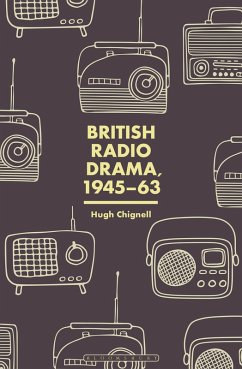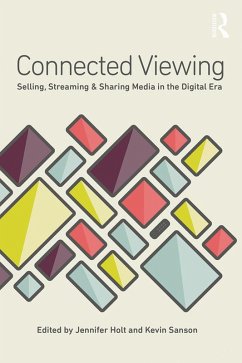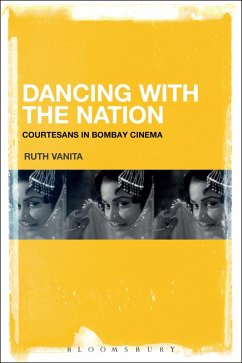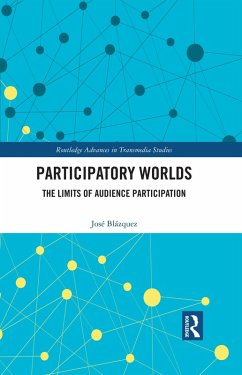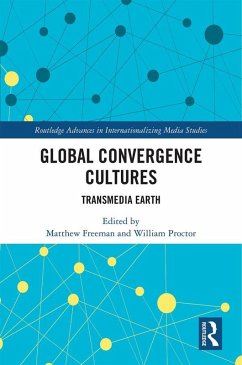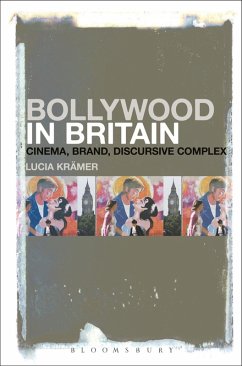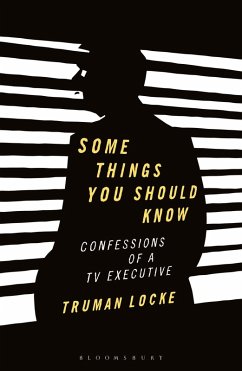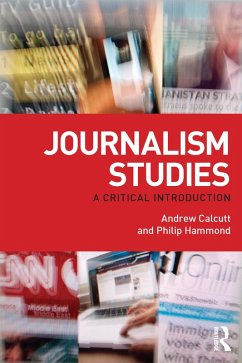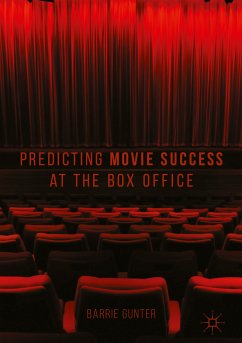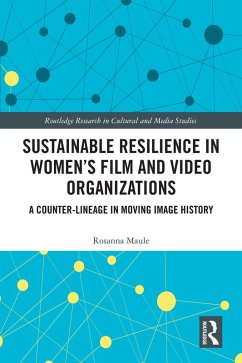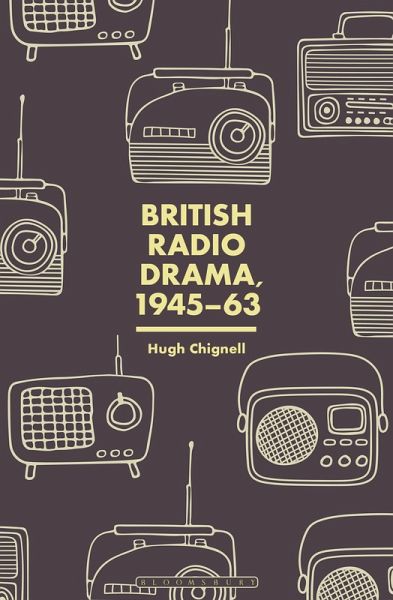
British Radio Drama, 1945-63 (eBook, PDF)

PAYBACK Punkte
13 °P sammeln!
British Radio Drama, 1945-1963 reveals the quality and range of the avant-garde radio broadcasts from the 'golden age' of British radio drama. Turning away from the cautious and conservative programming that emerged in the UK immediately after World War II, young generations of radio producers looked to French theatre, introducing writers such as Samuel Beckett and Eugene Ionesco to British radio audiences. This 'theatre of the absurd' triggered a renaissance of writing and production featuring the work of Giles Cooper, Rhys Adrian and Harold Pinter, as well as the launch of the BBC Radiophoni...
British Radio Drama, 1945-1963 reveals the quality and range of the avant-garde radio broadcasts from the 'golden age' of British radio drama. Turning away from the cautious and conservative programming that emerged in the UK immediately after World War II, young generations of radio producers looked to French theatre, introducing writers such as Samuel Beckett and Eugene Ionesco to British radio audiences. This 'theatre of the absurd' triggered a renaissance of writing and production featuring the work of Giles Cooper, Rhys Adrian and Harold Pinter, as well as the launch of the BBC Radiophonic Workshop. Based on primary archival research and interviews with former BBC staff, Hugh Chignell places this high-point in the BBC's history in the broader context of British post-war culture, as norms of morality and behavior were re-negotiated in the shadow of the Cold War, while at once establishing the internationalism of post-war radio and theatre.




